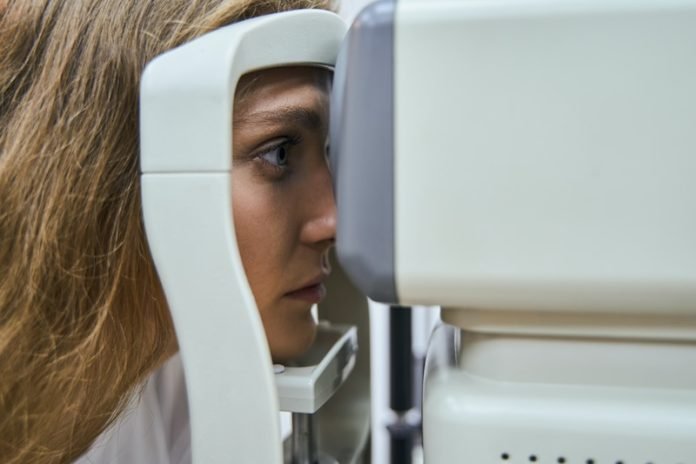
A recent study has raised concerns about a certain type of blood pressure medication known as Calcium Channel Blockers (CCBs) and its potential association with an increased risk of glaucoma, an eye disease that can lead to vision loss if left untreated.
The research was led by Dr. Alan Kastner and his team from Moorfields Eye Hospital and University College London.
They examined the health data of 427,480 adults in the United Kingdom, including 33,175 individuals who were taking CCBs.
Key Findings: CCBs and Eye Health
When adjusting for factors such as age, lifestyle, and other medical conditions, the researchers discovered that people taking CCBs were more likely to have glaucoma. Importantly, this elevated risk was not observed with other types of blood pressure medication.
Additionally, the study revealed that individuals on CCBs displayed specific eye changes typically associated with early-stage glaucoma, even when the pressure inside their eyes was within the normal range.
Dr. Kastner’s team emphasizes the need for further investigation to determine whether CCBs directly cause glaucoma or if there is another underlying reason for this connection. They also seek to comprehend the mechanism by which these medications impact the eyes.
Significance of the Findings
Blood pressure medications like CCBs are widely used to relax blood vessels, improve blood flow, and lower blood pressure. However, this study suggests that while CCBs effectively manage blood pressure, they may also raise the risk of glaucoma.
Glaucoma is a global concern, often caused by elevated pressure in the eyes, which can lead to optic nerve damage and subsequent vision loss.
What is particularly troubling is that the study’s findings indicate an increased risk even when eye pressure remains within the normal range, suggesting an alternative impact of CCBs on the eyes that requires further investigation.
Background Information
Glaucoma typically develops without early symptoms, making early detection challenging. By the time individuals realize something is amiss, significant vision loss may have occurred.
Unfortunately, vision lost to glaucoma cannot be regained, underscoring the importance of regular eye check-ups, particularly for those at higher risk.
High blood pressure is another often asymptomatic condition that can lead to serious health issues like heart disease and stroke if left untreated. Consequently, many individuals rely on medications like CCBs.
However, if these medications are associated with another silent yet serious condition like glaucoma, healthcare providers and patients need to exercise caution.
What’s Next?
The study’s authors have called for further research to establish whether CCBs are indeed a causative factor for glaucoma and to explore the underlying reasons for this link.
For individuals currently taking CCBs, especially those at higher risk for glaucoma, it may be advisable to discuss these findings with their healthcare provider.
It is worth noting that some of the researchers involved in the study have connections to pharmaceutical companies, though the influence of these connections on the study’s results is not entirely clear.
These findings were published in JAMA Ophthalmology.
If you care about high blood pressure, please read studies about a common and unrecognized cause of high blood pressure, and this small habit can greatly benefit people with high blood pressure, and cholesterol.
For more information about health, please see recent studies that Beetroot juice could help lower high blood pressure, and results showing this common plant nutrient could help reduce high blood pressure.
Follow us on Twitter for more articles about this topic.
Copyright © 2023 Knowridge Science Report. All rights reserved.



